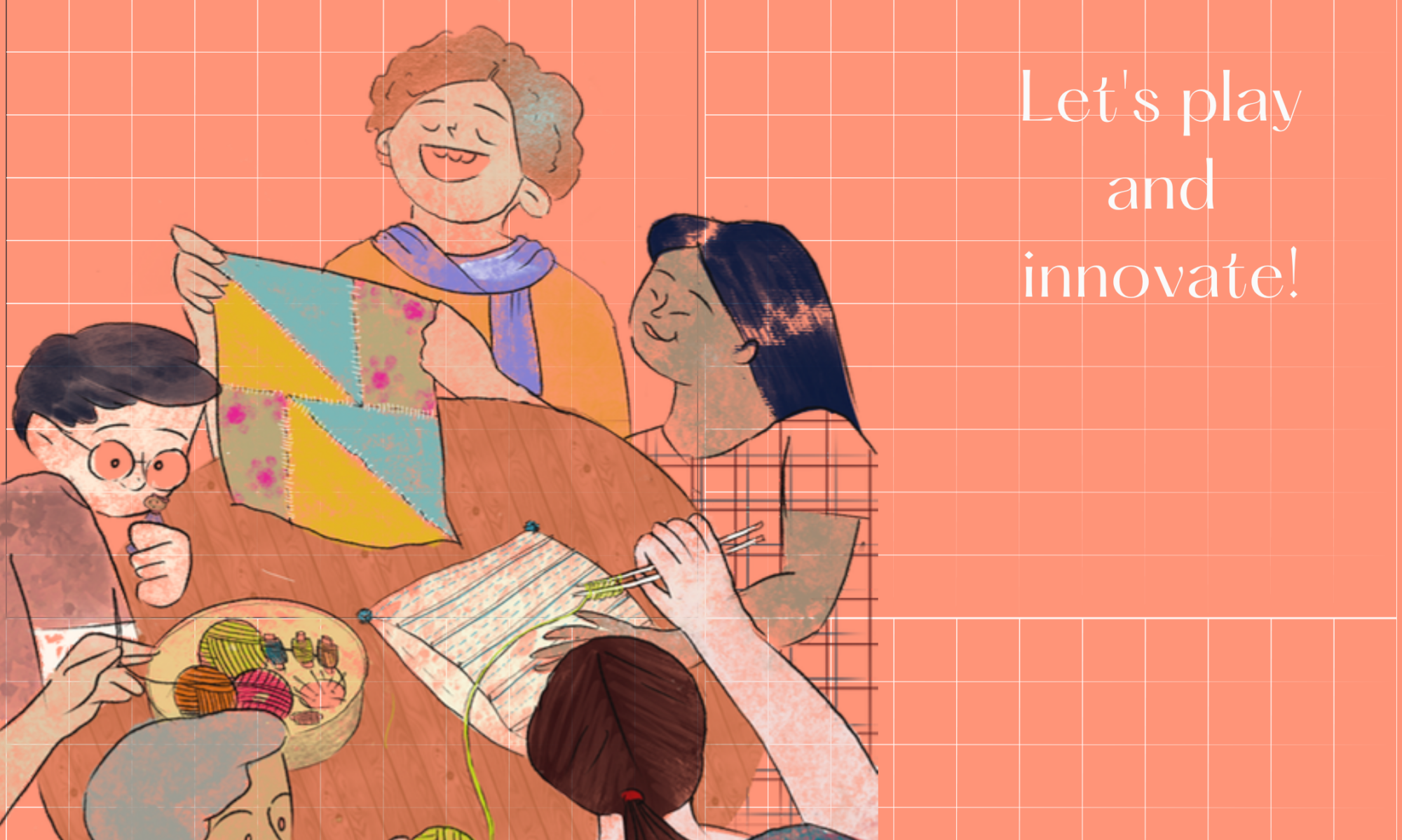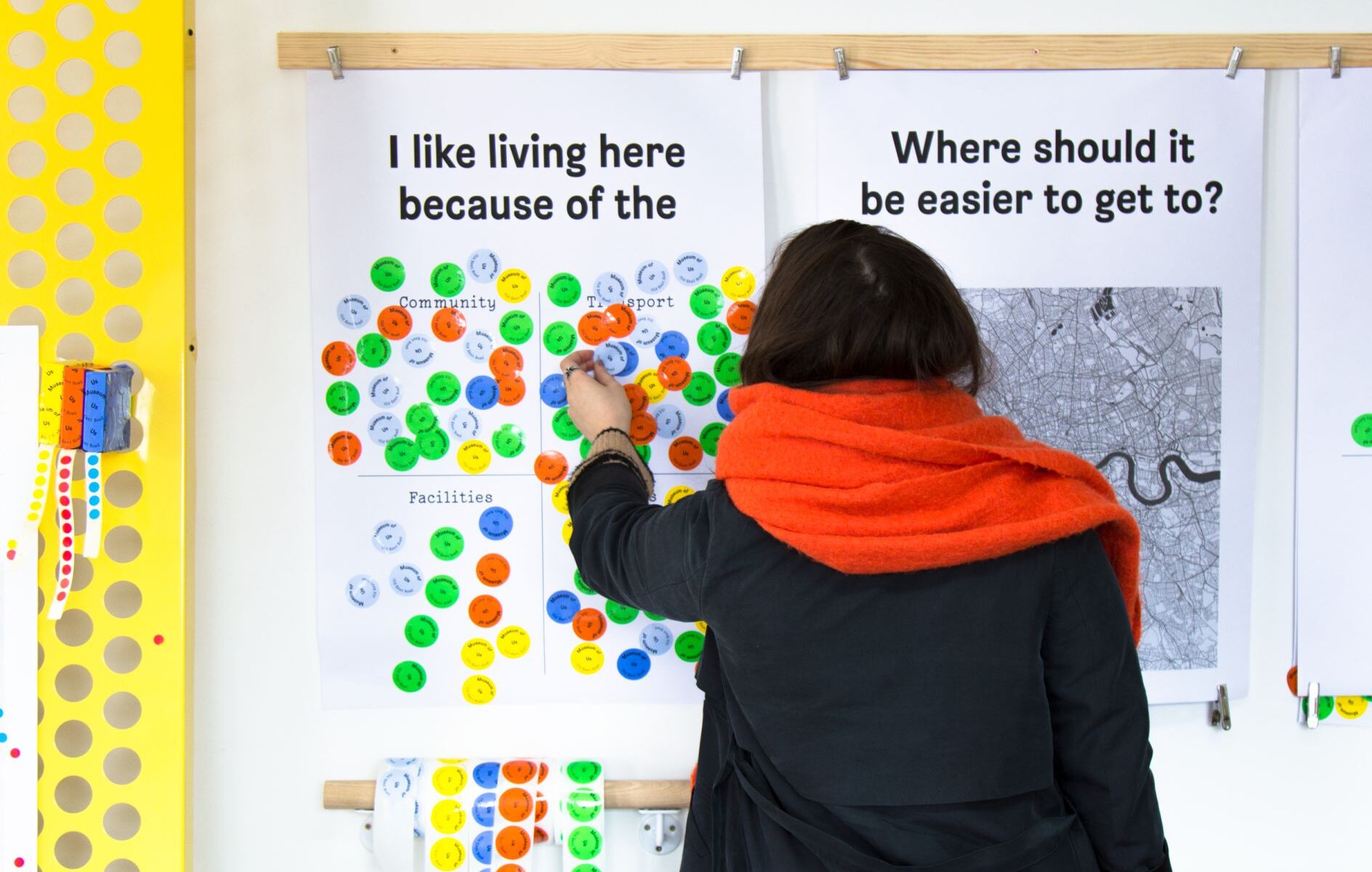As I step into the office on these brisk winter mornings, I can’t help but notice the unique ways in which my colleagues at ISG infuse a sense of playfulness into our daily routines. Amidst the routine tasks and deadlines, there’s a delightful undercurrent of creativity and joy that permeates the workspace. From sharing baking tips and homemade treats to doodling on post-it notes, everyone finds their own way to inject a bit of fun into even the most ordinary Wednesdays. Some opt for leisurely strolls peppered with humorous anecdotes, while others prefer to unwind with meditative podcasts at their desks. It’s evident that within each person I encounter, there exists a spark of playfulness that adds vibrancy to our workplace culture.
For adults, embracing playfulness means engaging in spontaneous, lighthearted activities that evoke a sense of joy and curiosity reminiscent of childhood. Despite the demands and responsibilities of adulthood, integrating playfulness into our lives fosters creativity and resilience. It takes various forms, from recreational pursuits to playful interactions with colleagues, all grounded in a flexible and open-minded approach to daily challenges.
However, despite the benefits, there still lingers a societal taboo surrounding playfulness in adulthood, particularly within professional settings. Traditional work environments often prioritize efficiency and productivity above all else, leaving little room for playful exploration. Yet, my experience at ISG has challenged this notion, showcasing how a modern workplace can foster creativity and innovation while prioritizing employee well-being.
The Playful Engagement Strategy implemented by ISG not only enhances productivity but also cultivates a culture of care and empathy. Research suggests that incorporating playfulness into the workday can alleviate stress and promote problem-solving skills, making it particularly relevant in the context of higher education. By reframing educational resources as tools for creativity and innovation, ISG encourages a fresh perspective on work within the academic sphere.
Despite the undeniable benefits, introducing playfulness into the workplace isn’t without its challenges. Many employees, myself included, have grappled with feelings of guilt when indulging in leisure-like activities during work hours. If I am swaying into avocation, at my workplace, in order to balance off the monotony, there looms a sense of delinquency. So, to say, I have never really worked in traditionalist work spaces, even before coming to the ISG. I have done ethnographic fieldwork with artisans in India, engaged with User-Experience (UX) writing for various brands and indulged into design-oriented studio spaces in the fashion scape. Reflecting back, i suppose this guilt stems from a lack of understanding of the transformative power of creative play and the loose trust in subaltern procedures. Not to forget that effective leadership that encourages experimentation without being overburdened by the risks of failure, plays a central role in ensuring an enjoyable work stream.
Ultimately, the success of initiatives like the Playful Engagement Strategy hinges on temporal acceptance and adaptation by employees. As we navigate the post-pandemic landscape, it’s crucial to reassess and evolve these strategies to meet the changing needs of our workforce. Through ongoing reflection and co-design, we can ensure that the spirit of playfulness continues to thrive within ISG, enriching the lives of all who work here.
In an initial study, we plan to distribute a survey to section, service, and team managers within the ISG, examining the opportunities and obstacles related to playful and creative engagement. Through this survey, we aim to gain insight into how different directorates within the ISG have been incorporating and recognizing playful engagements within their distinct work structures. Additionally, we seek to explore avenues for enhancing our strategy by leveraging identified opportunities and collaboratively developing solutions to overcome existing barriers.
This process has been extremely enriching for me. Positioning myself in this research process means witnessing how human-centric design and participatory research can bring forward positive changes in the lives of people. It is significant in my journey as an MA student of Design for Change, as it pushes me to re-evaluate the boundaries of theory placed alongside extensive personal experiences. With the trust embedded in me by my managers, Charlie Farley and Lorna Campbell, I feel empowered to challenge norms, innovate and experiment through this research process. Eventually, I hope to see the spirit of playfulness radiate from the process itself, slowly channelling into the lives of the wonderful colleagues I have come across at the ISG.
REFERENCES:
Lubbers, K., Cadwallader, J., Lin, Q., Clifford, C. & Frazier, L. D., (2023) “Adult Play and Playfulness: A Qualitative Exploration of its Meanings and Importance”, The Journal of Play in Adulthood 5(2), 1-19. doi: https://doi.org/10.5920/jpa.1258
(https://www.creativeboom.com/news/fieldwork-facility-helps-to-create-the-museum-of-us-to-bring-a-london-community-together/)
(https://www.creativeboom.com/news/fieldwork-facility-helps-to-create-the-museum-of-us-to-bring-a-london-community-together/)



